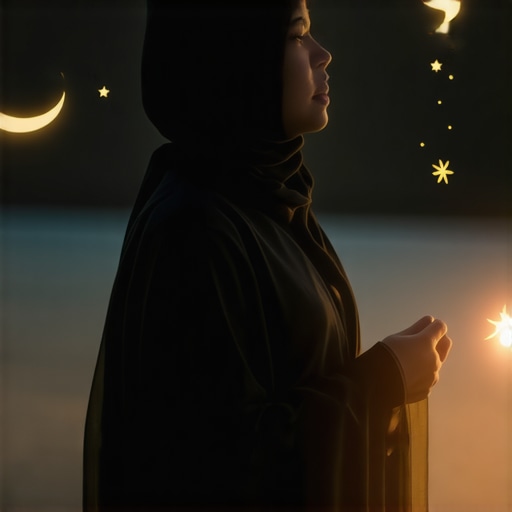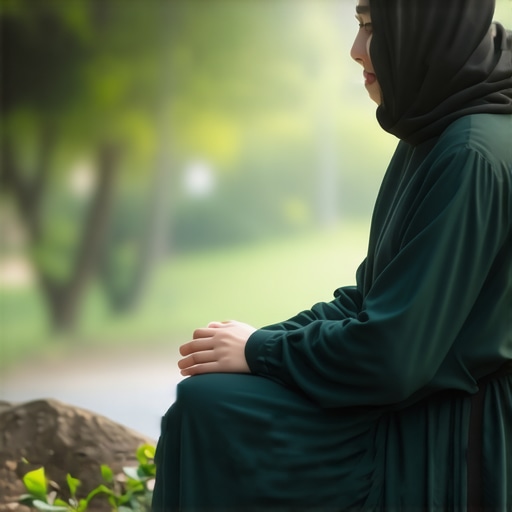Pregnancy Dream in Islam – Meaning, Joy, and New BeginningsPregnancy Dream in Islam – Meaning, Joy, and New Beginnings
Pregnancy Dream in Islam – Meaning, Joy, and New Beginnings Dreams hold a fascinating and often profound place in Islamic tradition. Far from being mere random neural firings, they are




